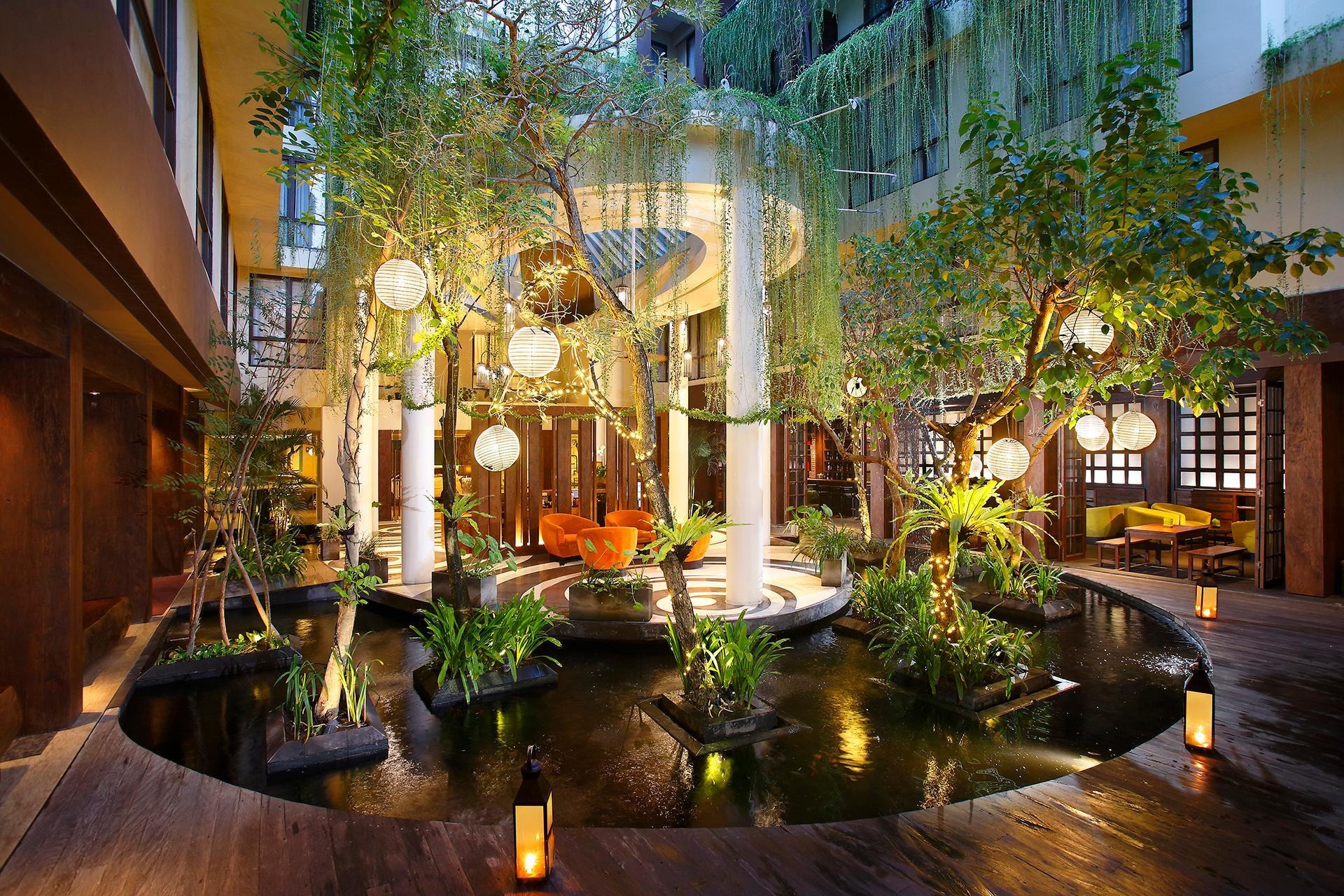8 Days Bali (Kuta, Ubud) Ex Mumbai / Ahmedabad
Bali > Kuta 4N > Ubud 3N > Bali
Duration
7 Days
Tour Type
Flight Inclusive Trip
Group Size
12 persons
Location
Bali
Sketch Itinerary
Itinerary
Day 1: Arrival to Bali
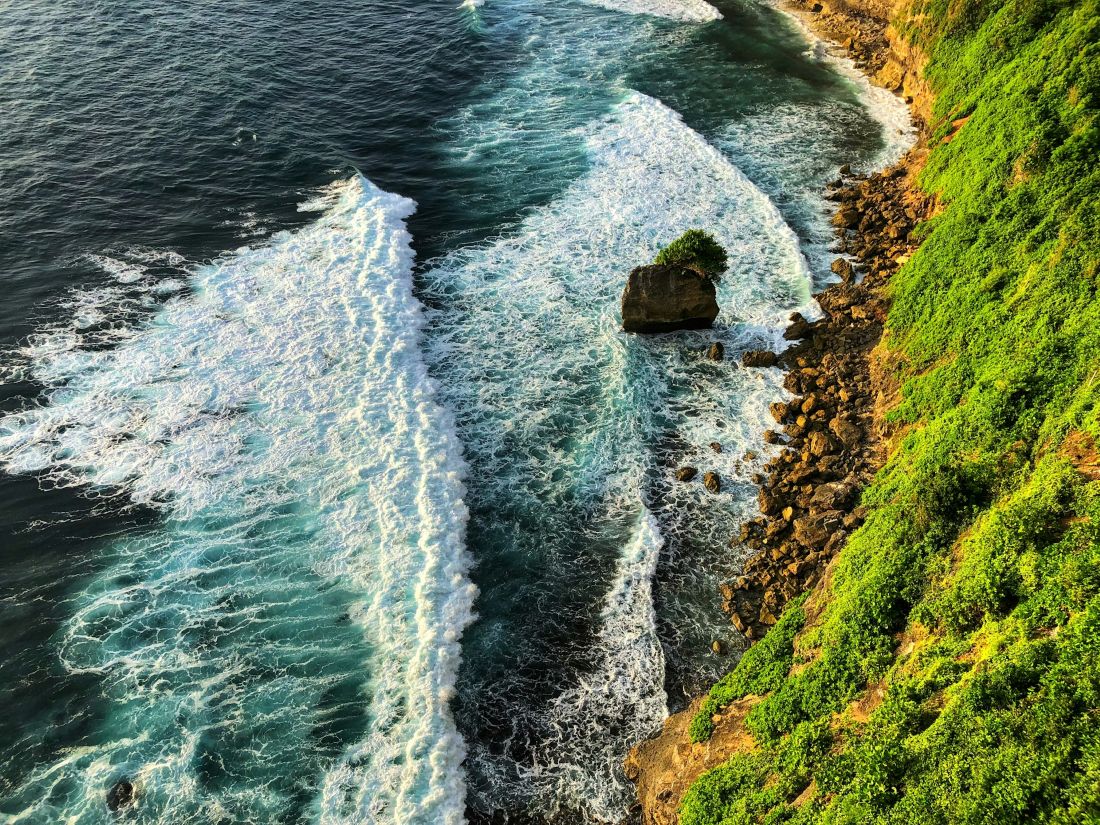
Arrival at Bali Airport. Transfer to the Hotel for check-in and unwind after your journey. The rest of the day is at leisure for exploring or relaxing.
Overnight Stay in Kuta
Day 2: Watersports (Jetski, Banana boat), Pandawa Beach & Tanah Barak
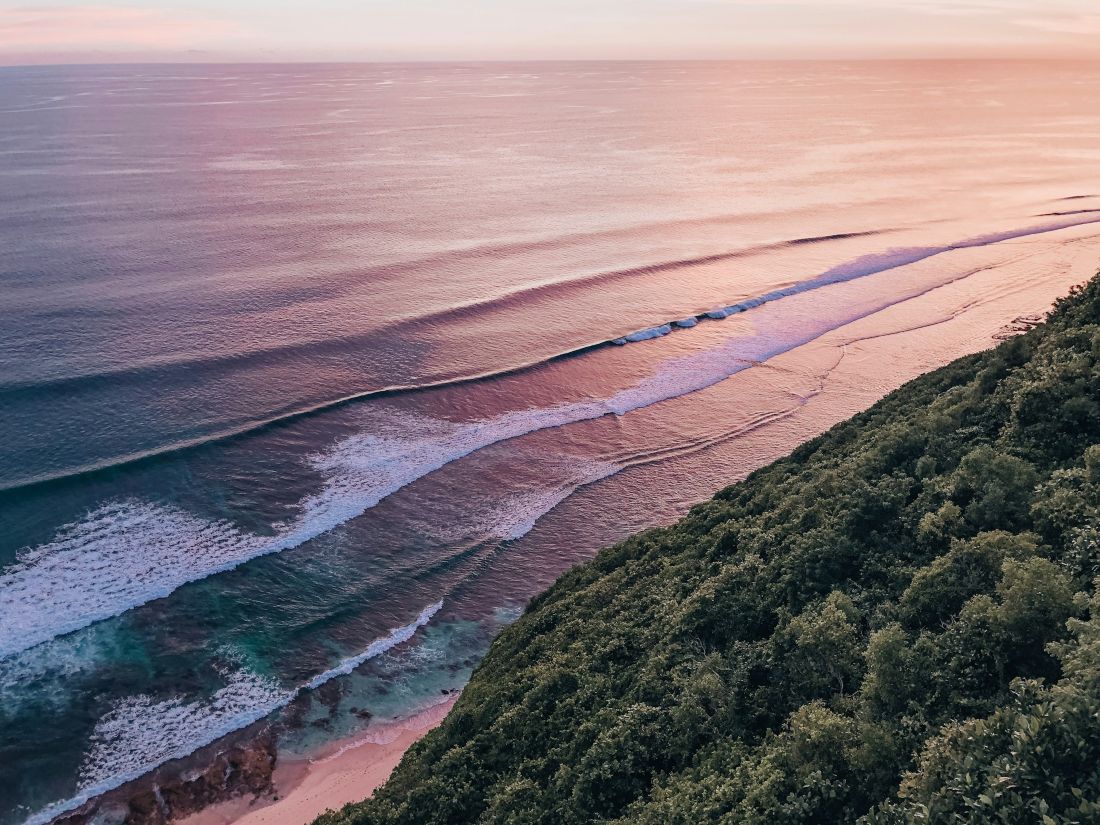
Full day adventure begins with thrilling water sports like Jetski and Banana Boat. Visit the vibrant Canna Bali Day Club and enjoy scenic views at Pandawa Beach and Tanah Barak. Transfer on PVT Basis.
Overnight Stay in Kuta
Day 3: Ulundanu Temple (Lake temple), Git Git Water fall, Tanah Lot temple (sunset temple) OR Trans Studio Theme Park
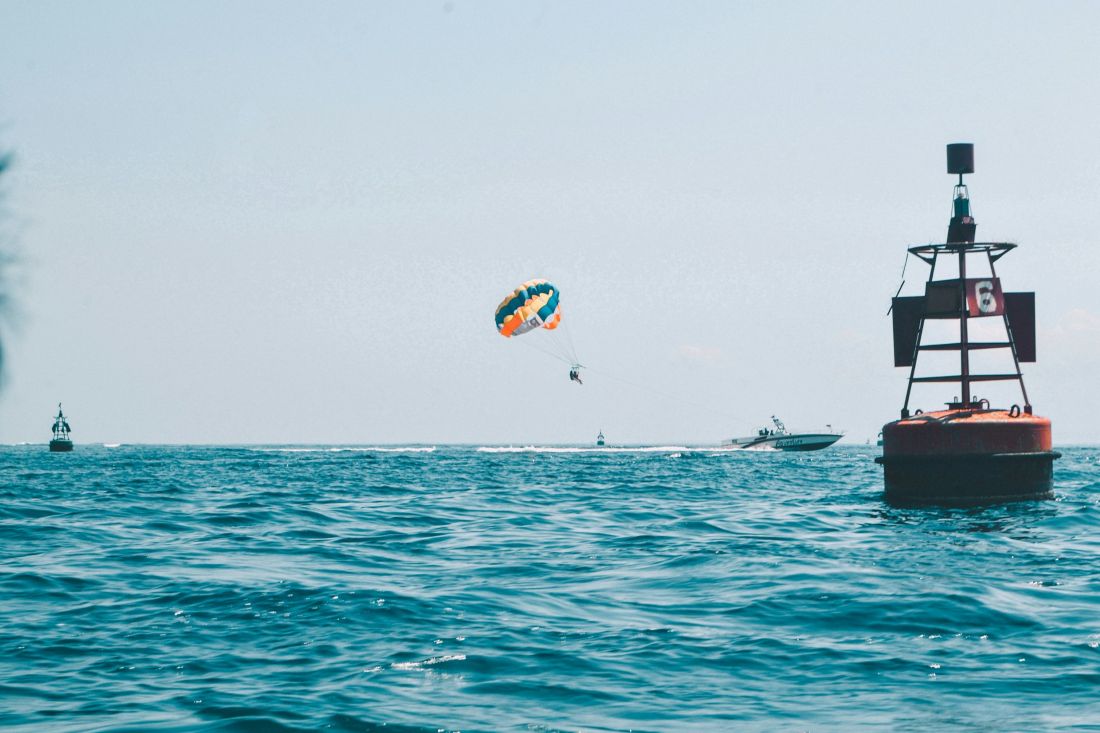
Visit the serene Ulundanu Temple by the lake and the refreshing Git Git Waterfall. End the day with a magical sunset at Tanah Lot Temple or opt for fun at Trans Studio Theme Park. Transfer on PVT Basis.
Overnight Stay in Kuta
Day 4: Tour of Uluwatu & Kecak Dance
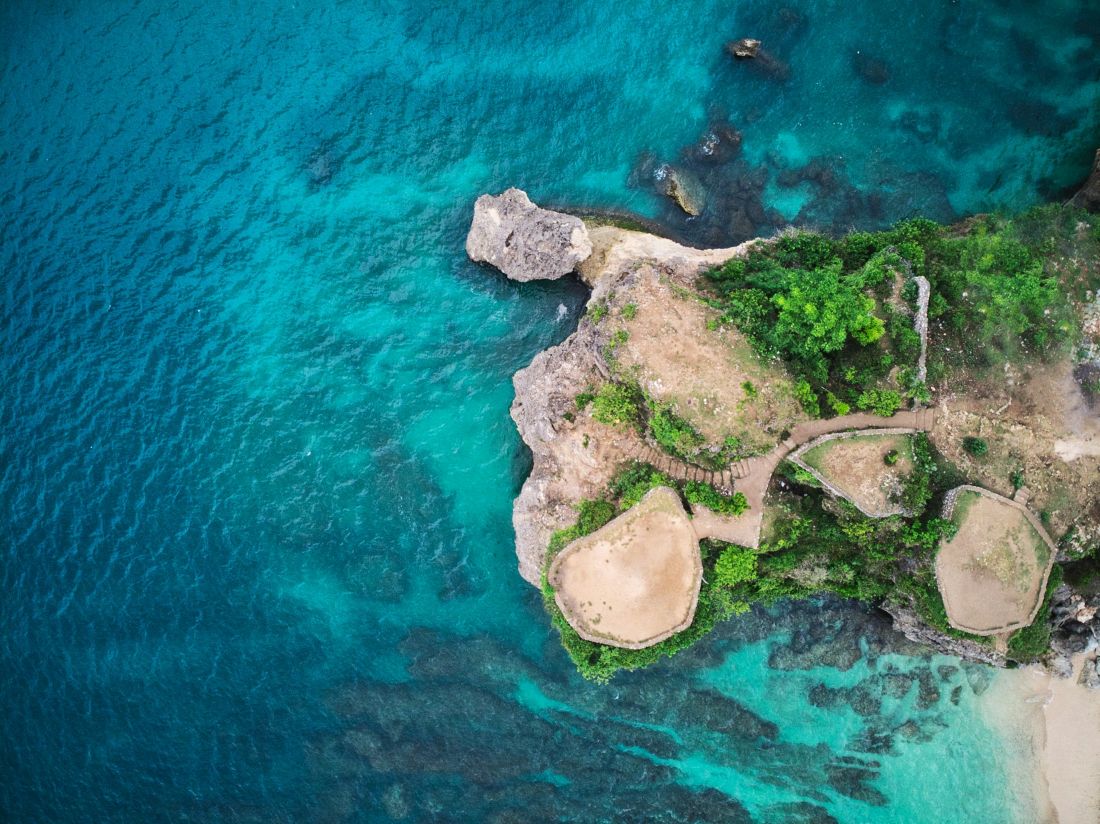
Enjoy a relaxing day at your own pace. In the evening, explore Uluwatu Temple with its dramatic clifftop views and watch the traditional Kecak Dance performance.
Overnight Stay in Kuta
Day 5: Ubud Cultural Tour & Taman Dedari Visit
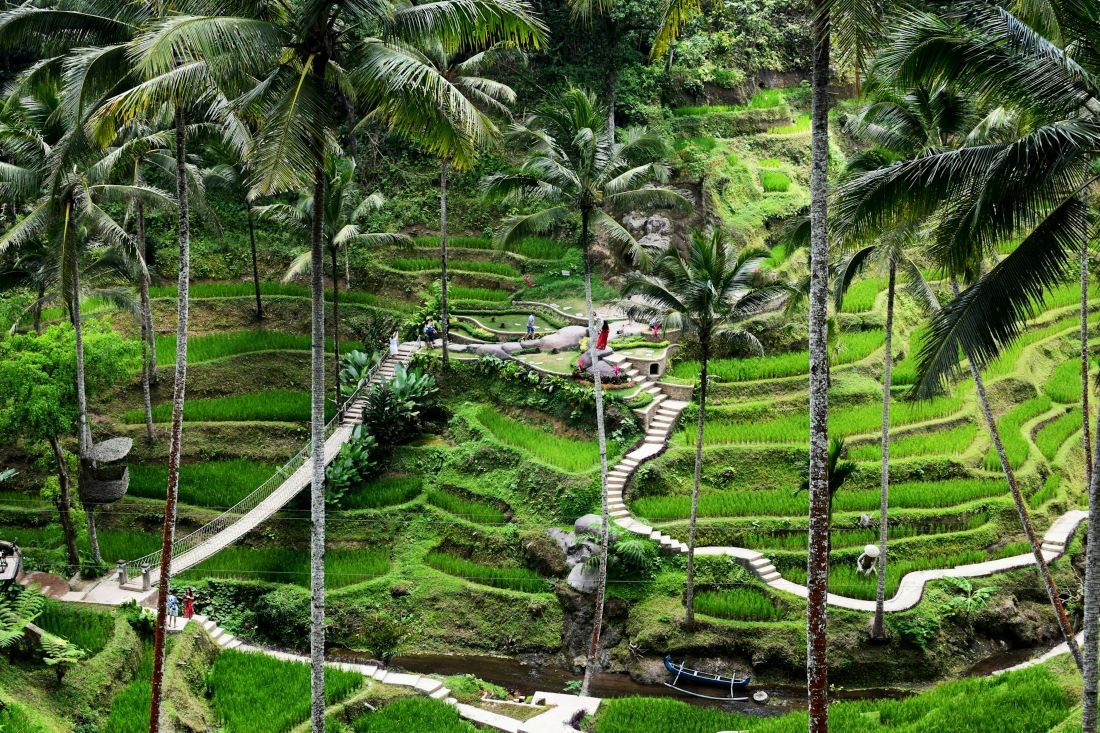
Today’s highlights include a tour of Ubud’s rich culture and artistic sites, followed by a relaxing visit to Taman Dedary by Royal Pitamaha. Hotel transfer is arranged from Kuta to Ubud or Jimbaran.
Overnight Stay in Ubud
Day 6: My Swing followed by Tirta Empul OR River Rafting OR Bali Bird Park
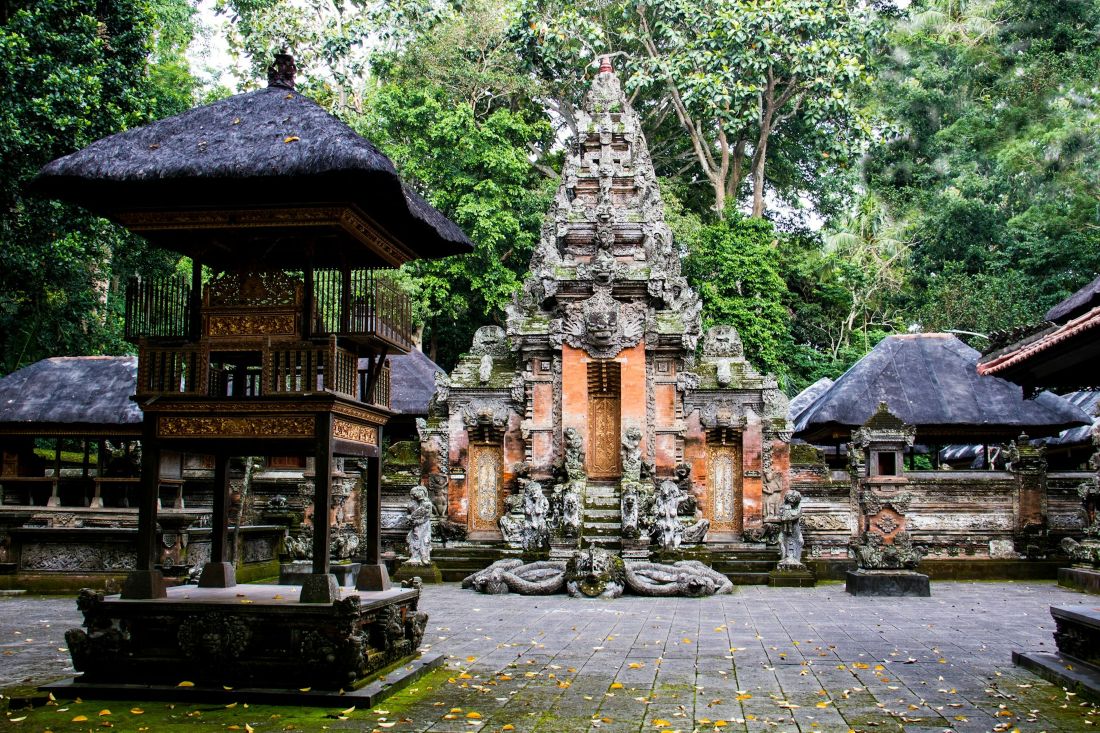
Enjoy a thrilling swing experience at My Swing. Choose between Tirta Empul Temple for spiritual vibes, an adventurous River Rafting trip, or a nature-filled visit to Bali Bird Park.
Overnight Stay in Ubud
Day 7: Explore Ubud at Your Own Pace
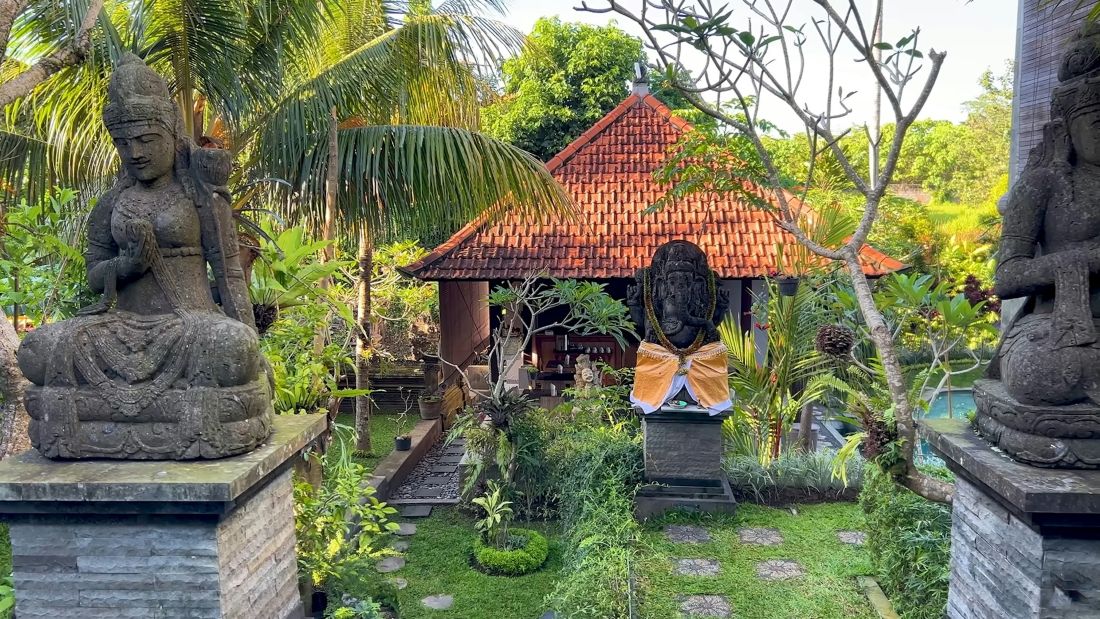
Explore the serene surroundings of Ubud at your leisure. You may visit local art markets, enjoy spa treatments, try Balinese cuisine, or simply unwind in the peaceful nature around. Make the most of your final day soaking in the tranquil vibes of Bali.
Overnight Stay in Ubud
Day 8: Departure from Bali

After breakfast, transfer to Denpasar Bali Airport for your return journey to India. Cherish the unforgettable memories of your Bali adventure.
End Of Tour
Included
Hotel Details
Kuta (4 Nights)
Ubud / Jimbaran (3 Nights)
Kuta (4 Nights)
Ubud / Jimbaran (3 Nights)
Experiences
 Adventure & Thrill
Adventure & Thrill Beaches & Islands
Beaches & Islands Culinary & Food
Culinary & Food Culture, Heritage & History
Culture, Heritage & History Nature & Wildlife
Nature & Wildlife Pilgrimage & Spiritual
Pilgrimage & Spiritual Scenic Drives
Scenic Drives Shopping & Local Markets
Shopping & Local Markets Spa & Wellness Retreats
Spa & Wellness RetreatsFAQs
Do I need a visa to travel to Bali?
What is the best time to visit Bali?
What is Bali known for?
What is the best way to get around in Bali?
What should I wear in Bali?
What kind of food can I expect in Bali?
What are cultural customs and etiquette in Bali?
What is Kuta known for?
Why is Ubud so popular among tourists?
What kind of experiences does Ubud offer?
Extra prices:
Discounts:
- {{total_price_html}}
- {{pay_now_price_html}}

